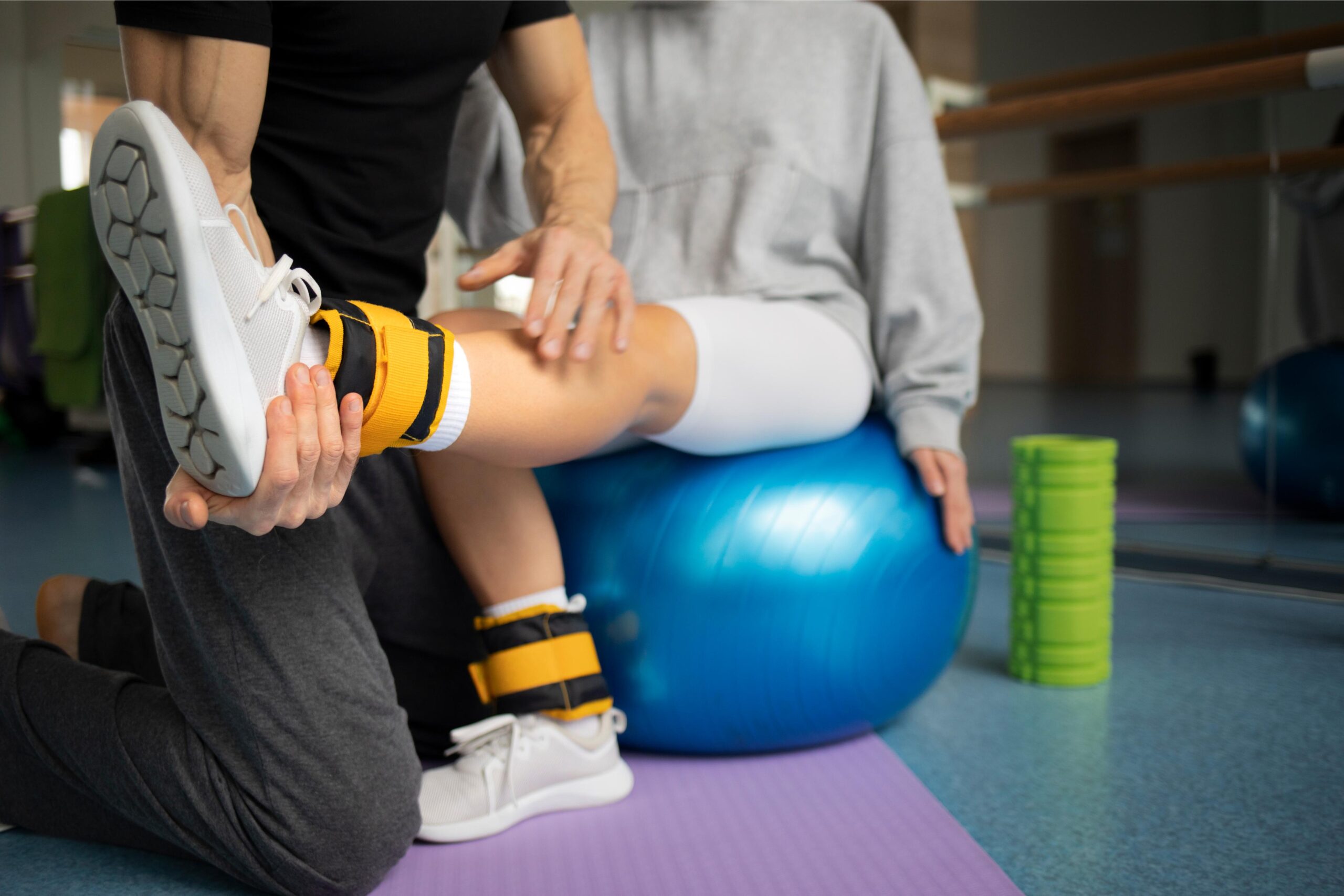“Empowering Lives: The Transformative Journey of Physical Rehabilitation”

Physical rehabilitation is a dynamic and crucial aspect of healthcare that plays a pivotal role in restoring and enhancing the quality of life for individuals facing challenges due to injuries, surgeries, or medical conditions. This blog explores the multifaceted world of physical rehabilitation, shedding light on its significance, diverse approaches, and the profound impact it has on individuals striving to regain mobility and independence.
Understanding Physical Rehabilitation:
Physical rehabilitation, often referred to as physical therapy, encompasses a spectrum of interventions designed to optimize physical function and alleviate pain. Whether recovering from orthopedic surgeries, neurological disorders, or sports injuries, individuals benefit from the expertise of skilled physical therapists who tailor interventions to meet specific needs.
The Rehabilitation Process:
- Assessment and Evaluation: The journey begins with a comprehensive assessment by a physical therapist. Through a series of tests and evaluations, therapists identify impairments, functional limitations, and the unique goals of the individual.
- Personalized Treatment Plans: Based on the assessment, therapists create personalized treatment plans that may include exercises, manual therapy, stretching, and other modalities. These plans are dynamic, adapting to the individual’s progress.
- Restoring Mobility and Function: Rehabilitation aims to restore mobility and function gradually. Therapists guide patients through exercises that improve strength, flexibility, and coordination, addressing specific challenges in movement.
- Pain Management: For many individuals, pain is a significant aspect of their condition. Physical therapists employ various techniques to manage and alleviate pain, promoting a more comfortable rehabilitation process.
- Education and Empowerment: Physical rehabilitation extends beyond the clinic. Therapists educate patients on self-management techniques, empowering them to continue exercises and make lifestyle modifications independently.
Diverse Approaches in Physical Rehabilitation:
- Orthopedic Rehabilitation: Focused on musculoskeletal conditions, orthopedic rehabilitation addresses issues such as fractures, joint replacements, and soft tissue injuries. Therapists work to restore strength, flexibility, and functionality.
- Neurological Rehabilitation: Tailored for individuals with neurological disorders like stroke, spinal cord injuries, or multiple sclerosis, neurological rehabilitation aims to improve motor skills, balance, and coordination.
- Cardiac Rehabilitation: Targeting individuals with heart conditions, cardiac rehabilitation combines exercise, education, and lifestyle modifications to enhance cardiovascular health.
- Sports Rehabilitation: Athletes recovering from injuries benefit from sports rehabilitation, which incorporates specialized exercises and training to regain peak performance.
Conclusion:
Physical rehabilitation is a transformative journey that goes beyond the alleviation of physical limitations—it’s about rebuilding lives. Through personalized care, targeted interventions, and unwavering support, physical therapists contribute significantly to the well-being and resilience of those navigating the path of rehabilitation. As we celebrate the triumphs of each step forward, let us recognize the invaluable role that plays in restoring hope, mobility, and a renewed sense of independence.
Tags: Mental health occupational therapy, NDIS Occupational Therapist, NDIS Services, Occupational Therapists, Speech Pathologist, Telehealth Rehabilitation Services